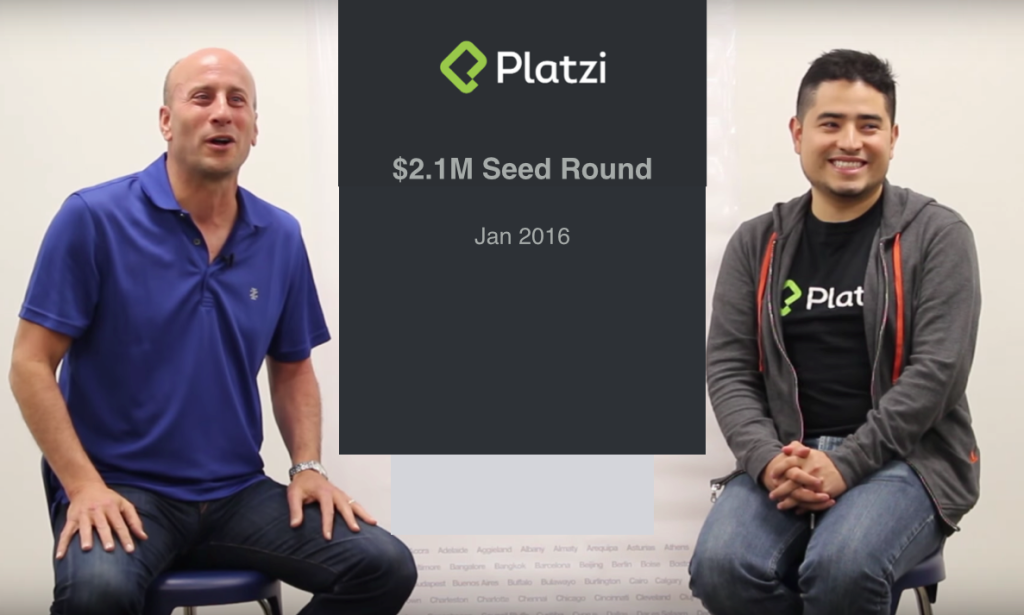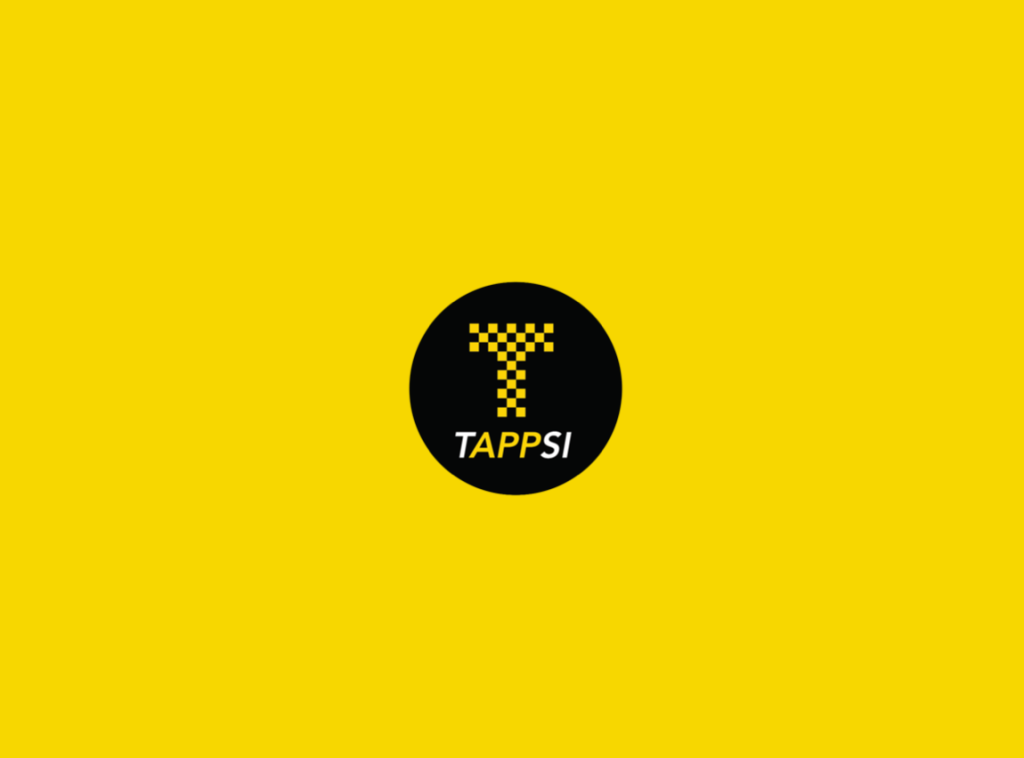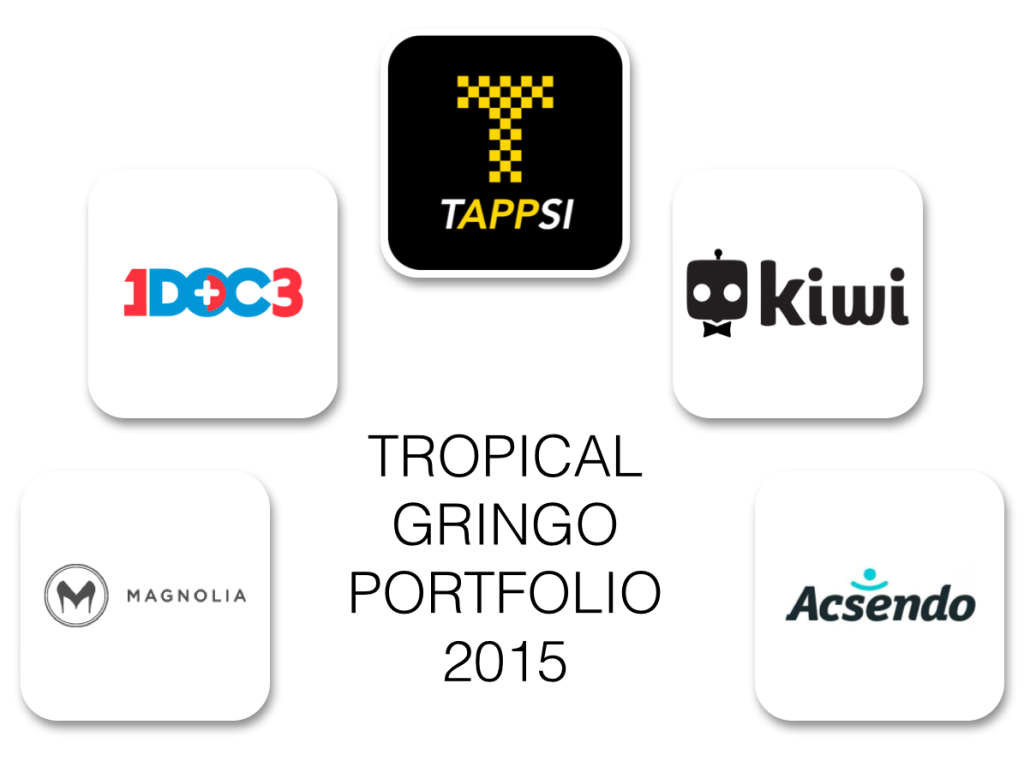My favorite Colombian startups!

I’ve titled this post “my favorite Colombian startups” though, I must say, this is not an objective moniker since I am also an advisor to these companies and their CEO’s. That said, they are my favorite Colombian startups and it’s an honor to be a small part of their future success. As you’ll read below, I’m incredibly excited about their current successes (see photo of Mark Zuckerberg talking about 1Doc3 during F8 2016) and those to come.
There is something that I find so impressive about founders in general and, particularly, those that I advise. It’s the fact that they’ve been able to build growing businesses (something I haven’t been able to do myself), but are also open to listening to advice. This opens them up to new points of view and, in my opinion, increases their chances of building an even bigger company. My advisory sessions can be racked up to an occasional evening phone call, which takes very little time each month, this activity is incredibly rewarding for me.



